Toyota has been making headlines quite a bit recently, but unfortunately for the auto-giant, not for anything they can be proud of.
And now, another issue has made its way to the press: Toyota subsidiary Daihatsu has admitted to forging safety tests for more than 30 years and is consequently shut down for the foreseeable future.
Daihatsu: The Beginning
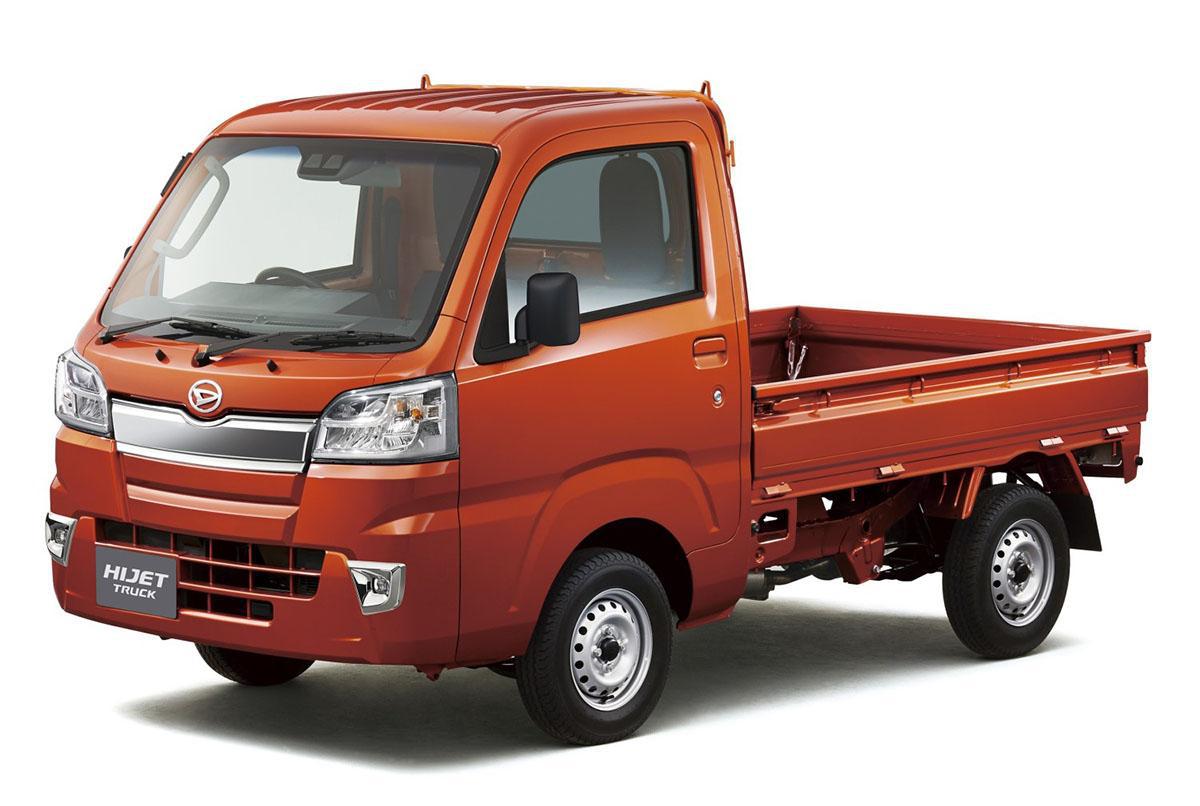
Daihatsu is known for producing tiny cars and trucks that have been wildly popular throughout Japan for almost 100 years.
They initially began making these small and beloved vehicles in 1930, operating as an independent auto manufacturer.
Toyota Takeover
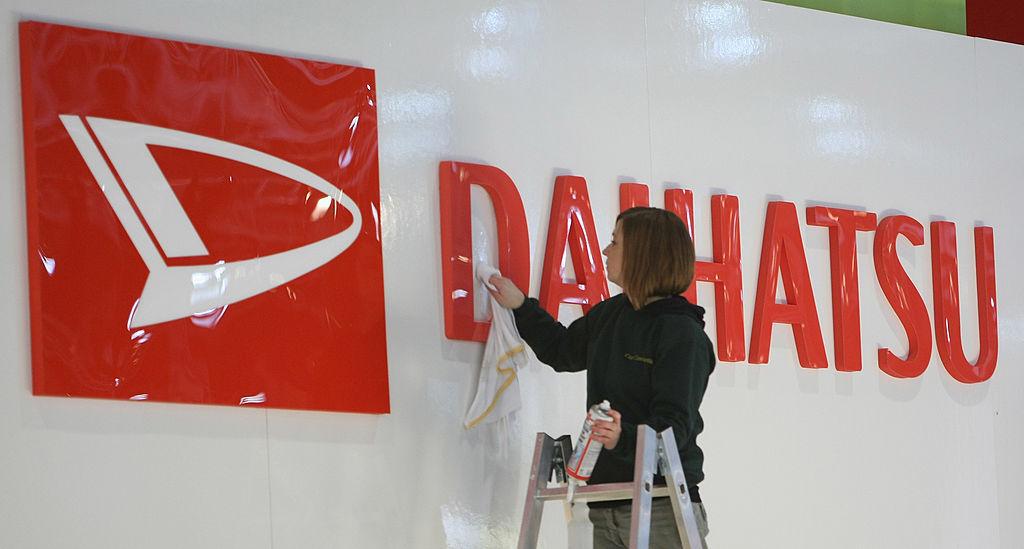
Then, in 1998, the Japanese car conglomerate bought 51% of Daihatsu stock, and by 2016, the company had become a complete subsidiary.
In other words, Toyota is and has been responsible for the vehicles Daihatsu makes since 2016, and some would argue, since the 1980s.
Here’s Where Things Get Interesting
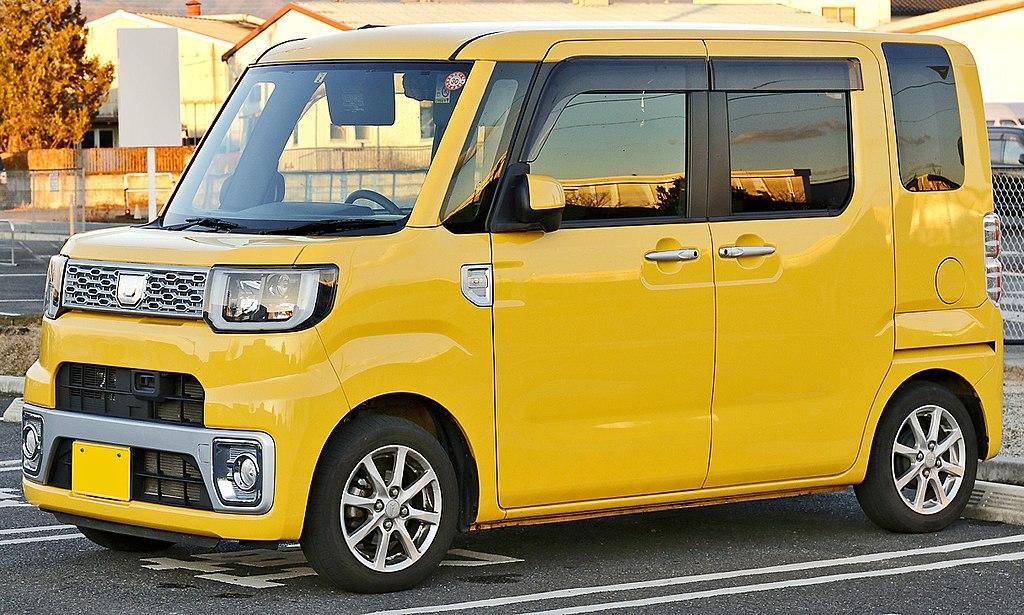
Daihatsu announced last April that it had been falsifying safety tests of several of their popular “kei cars,” as they are called.
In a statement released on the company website, they explained, “[Daihatsu] has committed procedural irregularity in approval application for side collision tests for vehicles (4 models) developed by Daihatsu destined for overseas markets.”
Internal Report Found Several More Problems
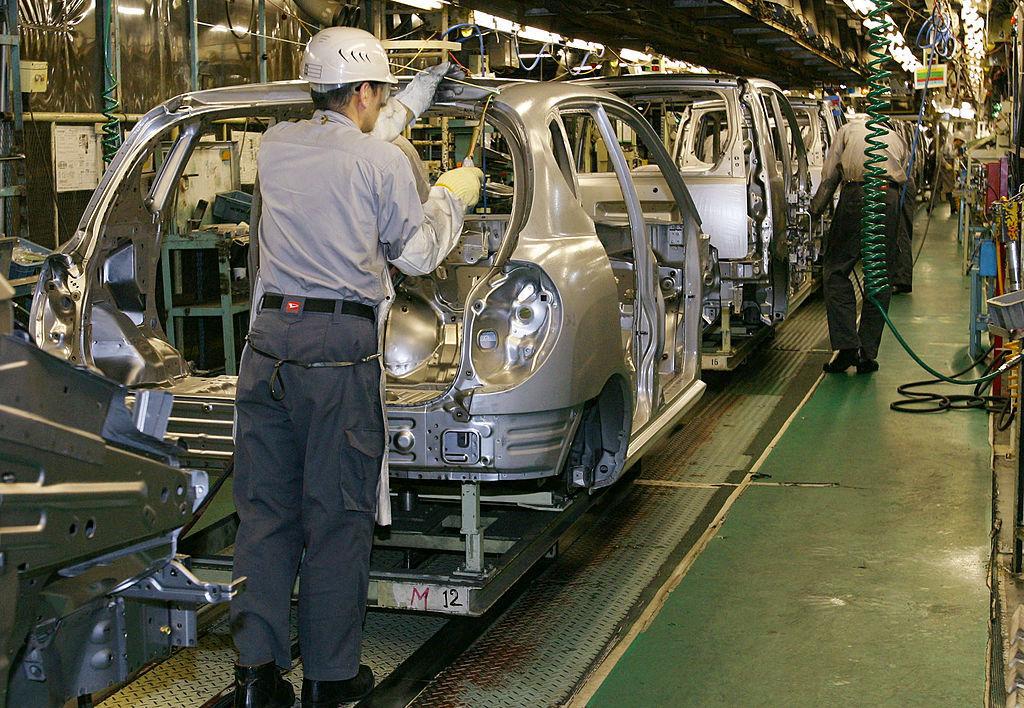
After the initial admission of guilt, an internal report was conducted and found that there were far more problems than Daihatsu let on.
In fact, the most recent information says that they found 174 cases of deception and manipulation of safety checks. And while some dated all the way back to the 1980s, there was a significant increase after 2014.
What Exactly Was Daihatsu Hiding?
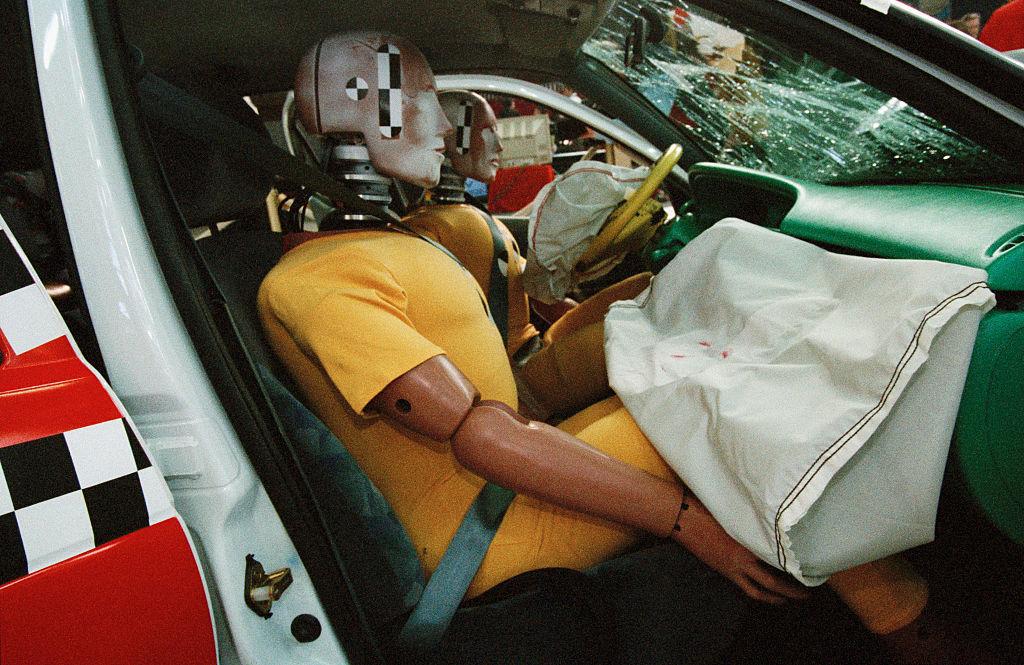
After they sent the “kei cars” through the crash tests, they noted two things. First, that it was challenging to open the doors from the outside, and second, that “the inside lining of the front seat door was improperly modified.”
However, most importantly, Daihatsu admitted that “there was a violation of the side collision test procedures and methods stipulated by regulations.”
Daihatsu Has Halted All Production and Apologized
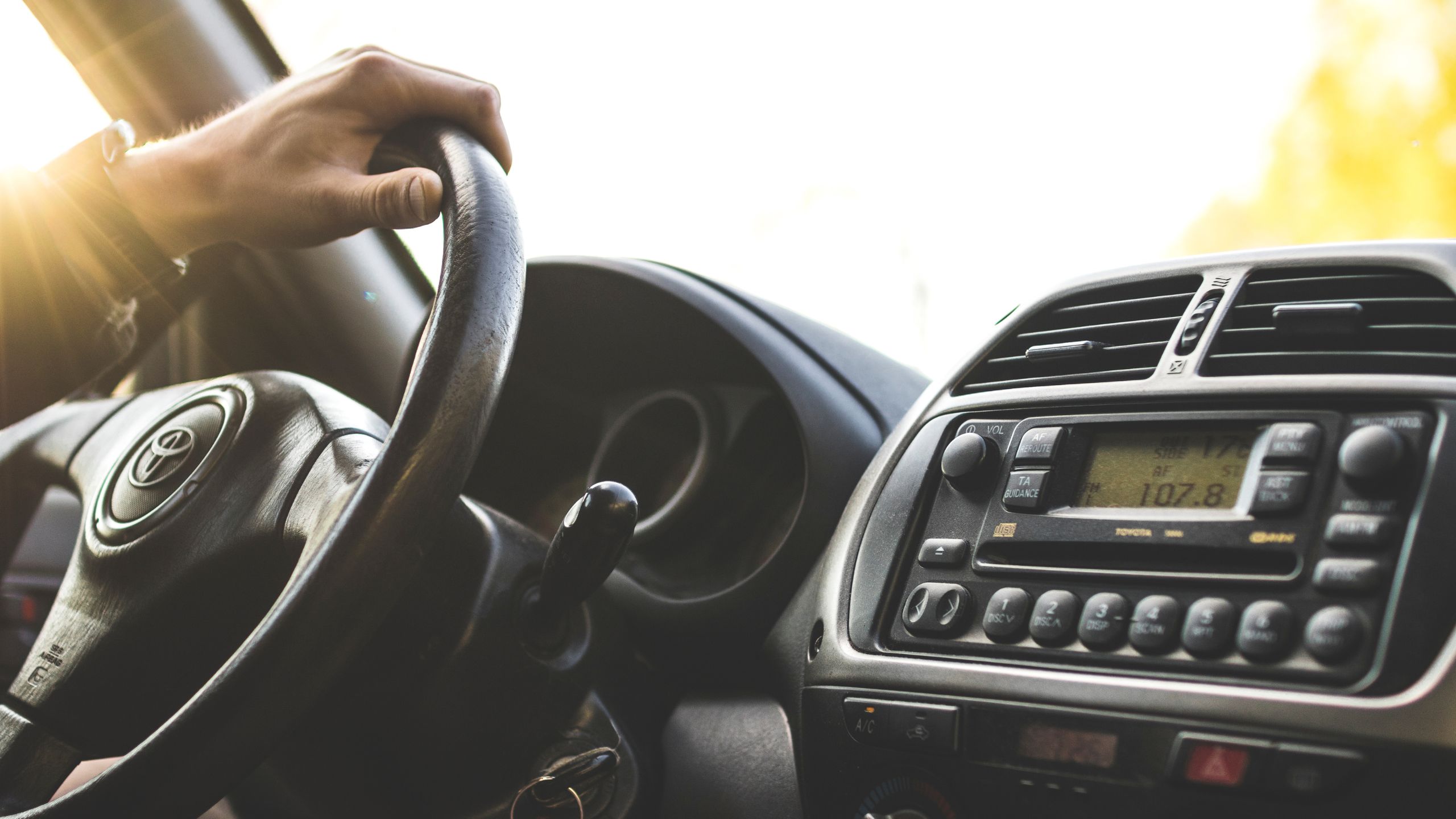
Since this information came to light on Dec. 20, 2023, production of all Daihatsu vehicles has stopped completely.
Company CEO Soichiro Okudaira said in a statement that Daihatsu “betrayed the trust of our customers” and that they plan to “make companywide efforts to regain the trust of our stakeholders” (via The Associated Press).
All Completed Vehicles Will Be Reassessed
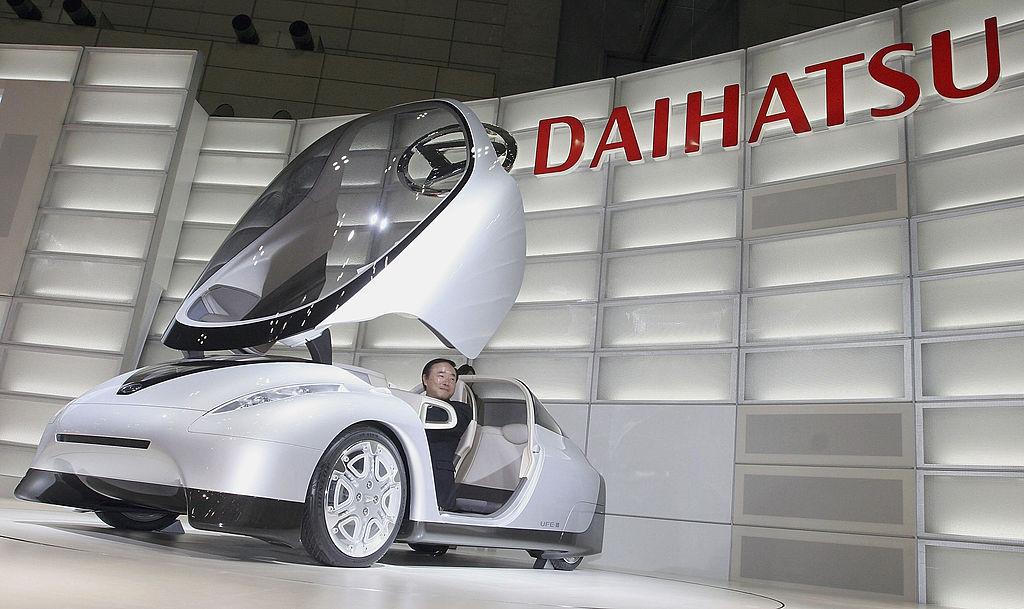
As well as stopping production on any new cars, Daihatsu also announced that any ready-to-ship vehicles are not currently for sale.
It seems that any car made in their factories will have to be retested before it can be approved for sale.
Will Daihatsu Factories Reopen?
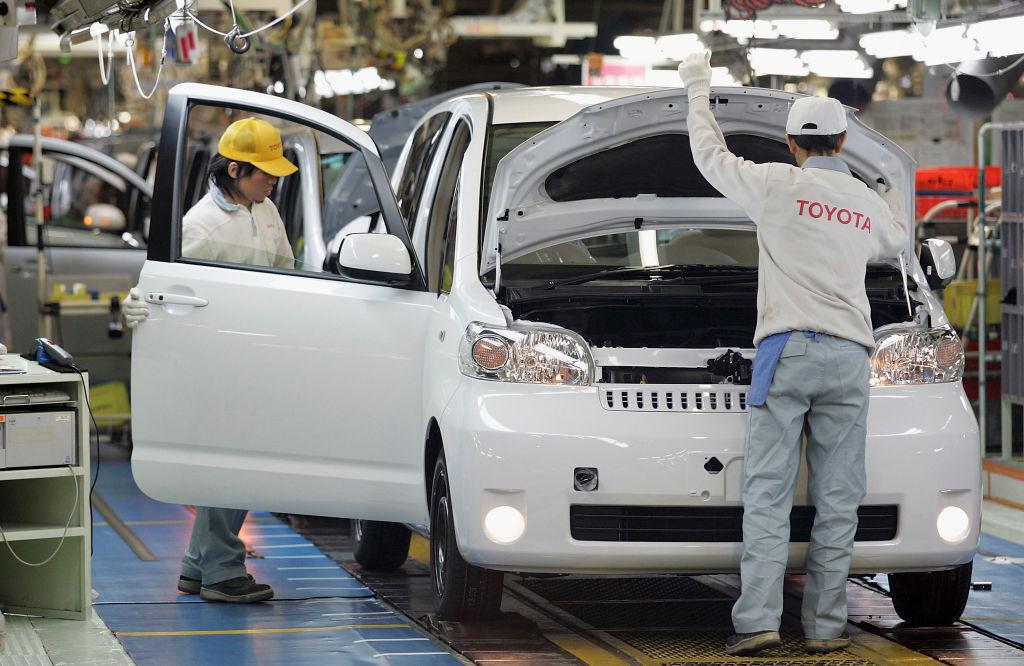
According to Daihatsu, the four factories in Japan will be closed until the end of January 2024, at a minimum.
However, it seems that they will need to fix quite a lot of the processes and policies the factories have been using for the past 30 years if they want to assure people these cars are actually safe to drive.
What Does Toyota Have to Say About All This?
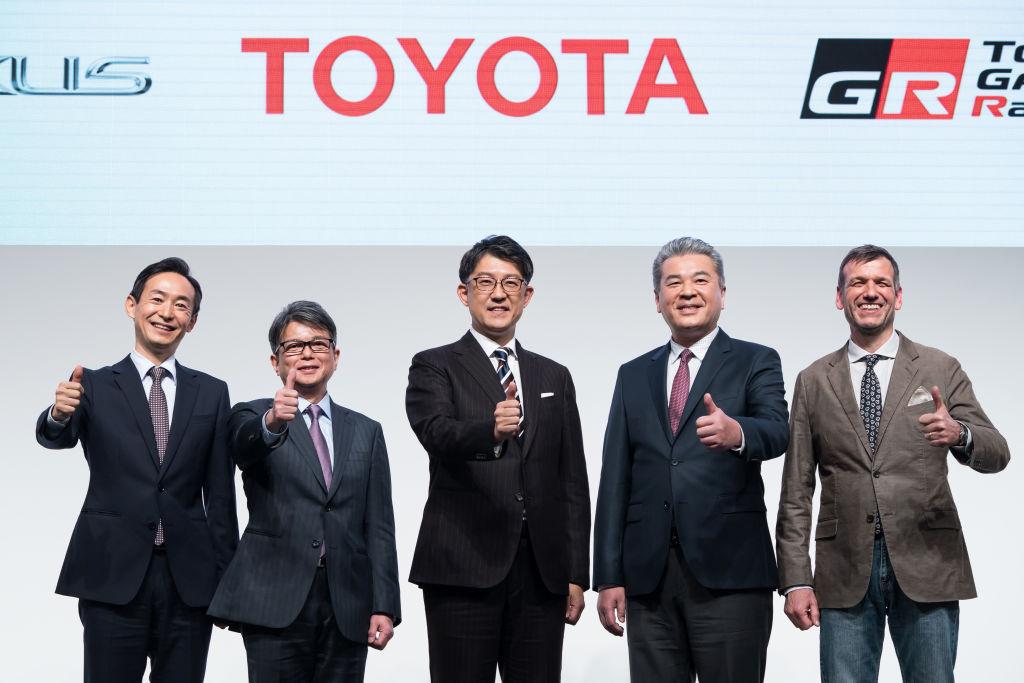
As the parent company of Daihatsu, Toyota, of course, is responsible for its dangerous choices, and the giant manufacturer made its own statement this week.
A spokesperson said that Toyota believes Daihatsu requires a “fundamental reform” and that they plan to completely change the way the company makes and tests their vehicles before reopening the factories.
Toyota Is Already in Trouble for Safety Issues
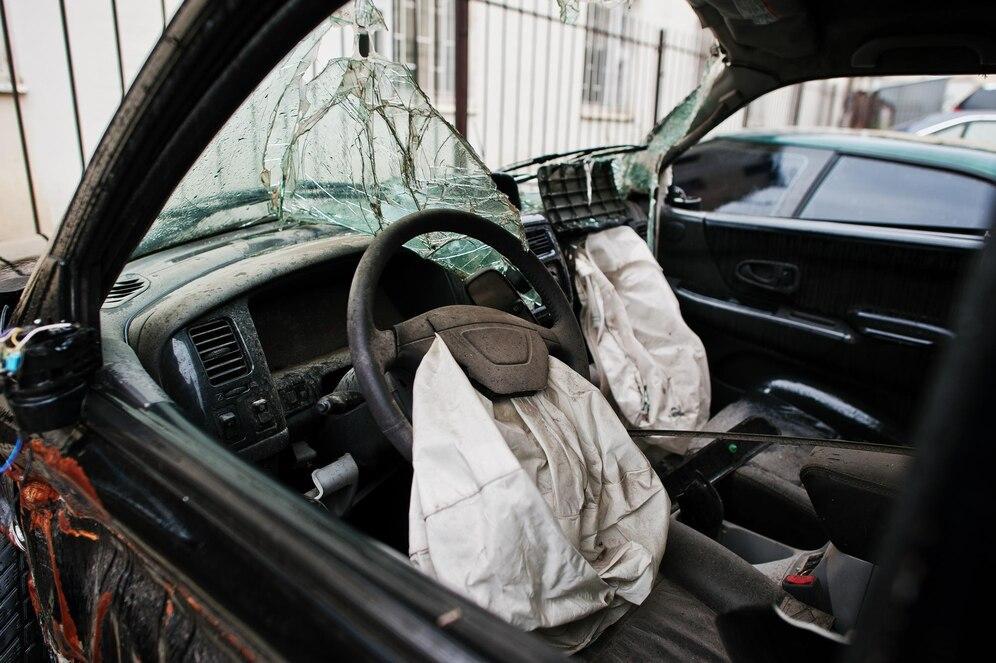
For Toyota, this announcement couldn’t have come at a worse time, as they are already in the hot seat for safety issues.
In fact, on the exact day that the report of Daihatsu’s mistakes was released, Toyota had to recall 1 million of its cars due to problems with the passenger air bags.
Could Toyota Be in Real Trouble?
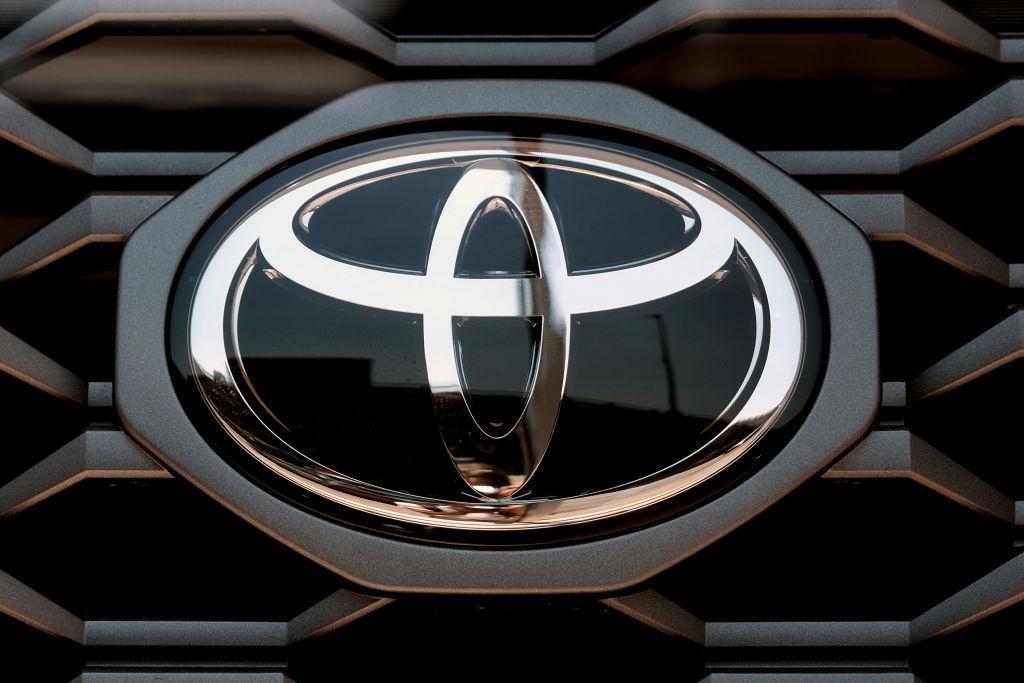
While every giant company like Toyota faces the highs and lows of the industry, many agree that Toyota is in real trouble right now.
Between the Daihatsu scandal, the air bag recall, and the ever-increasing pressure to build more and more electric vehicles, Toyota is quite behind in its production and technology. And now, even its reputation is quickly falling apart.
